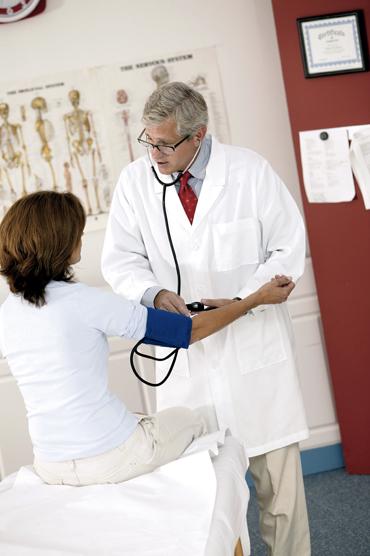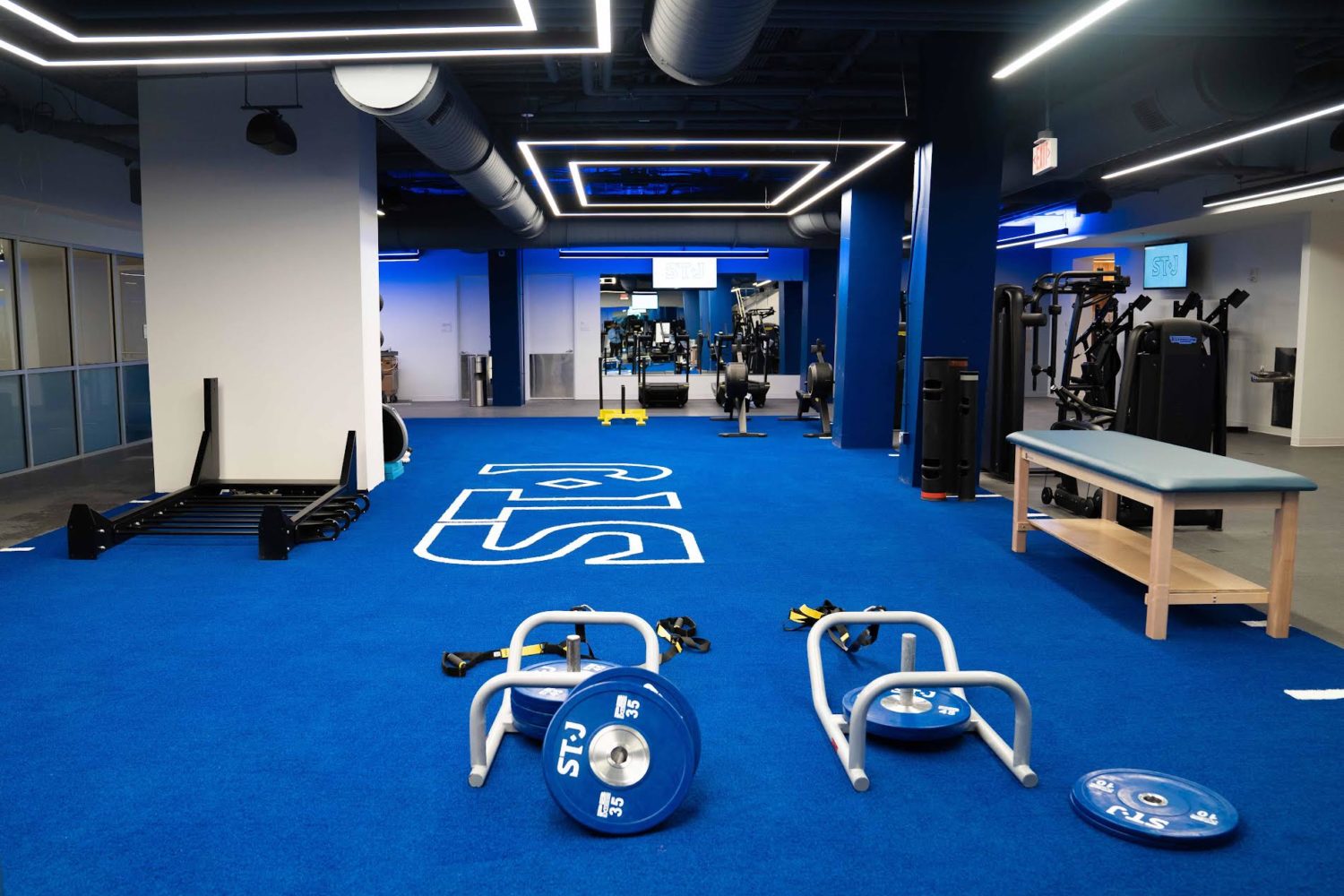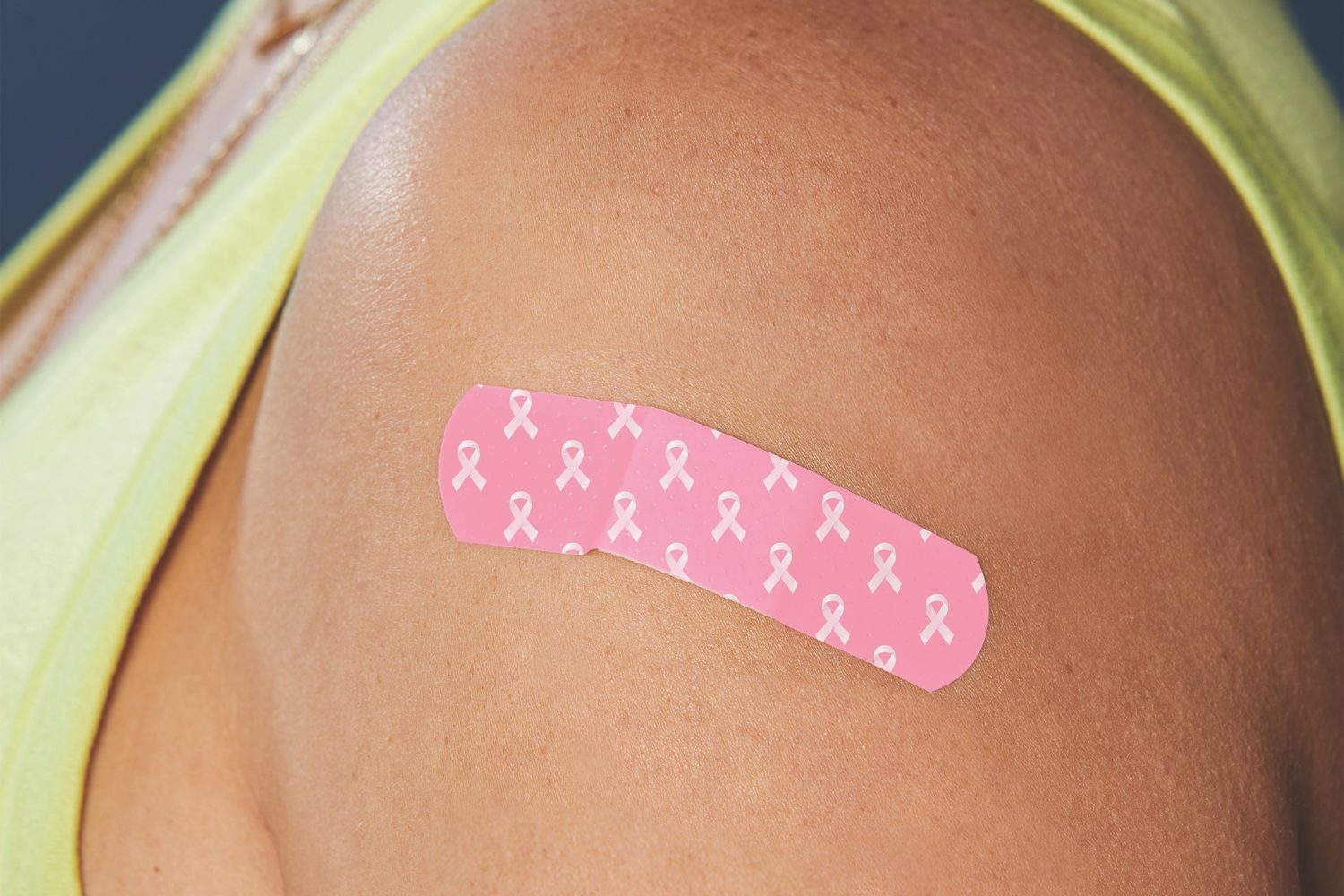
Doctors say your forties are a crucial time for preventing health problems later in life. “During your forties, we can discover a lot of treatable diseases,” says Rockville internist Ira Berger. Most physicians recommend getting a physical every two to three years in your forties.
Brian Krakower, an internist in McLean, begins by checking a patient’s blood pressure, height, and weight. He orders a metabolic panel, blood count, lipid panel, and urinalysis to help diagnose conditions such as liver disease and diabetes.
It’s important to schedule a tetanus booster every ten years, and Dr. Berger recommends an annual flu shot, particularly if you work with kids.
Krakower recommends that all fortysomethings get an electrocardiogram (EKG) to screen for arrhythmia and irregular heart patterns. If a patient comes in later with chest pain, that baseline test can be used for comparison.
DC internist Lucy McBride sits down with patients to take a medical history. She asks about any family history of cancer and other diseases, allergies, past medical procedures, diet, and exercise.
A patient’s risk factors will help decide which screenings and tests she recommends. Although the suggested age for beginning prostate-cancer screening is 50, men at high risk—African-Americans and anyone with a close relative diagnosed with prostate cancer at an early age—may want to have a PSA test and digital rectal exam at age 45.
Dr. McBride also checks on patients’ mental health. Fortysomethings are often dealing with a lot of stress—from worrying about aging parents to saving for kids’ college tuitions.
Women in their forties should visit a gynecologist annually for a breast and pelvic exam. District gynecologist Megan Breen says that during that decade a lot of questions come up about perimenopause and its symptoms. Women in this age group have one of the highest rates of unintended pregnancies, she adds: “Fortysomethings still need to think about contraception.”
Dr. Berger says women in their forties who have had three consecutive normal Pap smears can talk to their doctors about having them less frequently.
The American Cancer Society recommends an annual mammogram for all women age 40 and older. Monthly breast self-exams in between mammograms are a crucial step in discovering cancerous lumps early.
Women who are starting to experience menopause—which can occur in the mid-to late forties—should talk to their doctors about getting a bone-density scan to check for signs of osteoporosis.
If you’ve never had a baseline skin check with a dermatologist to screen for cancerous moles, 40 is a good age to schedule that appointment. District dermatologist Susan Tillman Elliott says the incidence of melanoma is increasing, particularly among women.
People at high risk for skin cancer—those with a family history of the disease, fair skin, tanning-bed exposure, a history of childhood sunburns, or a lot of moles—may need to have their skin checked as frequently as every three months. Those at lower risk can visit the dermatologist every three to four years.
Elliott also recommends that patients check their skin once a month at home. “People often have a very intuitive sense of moles that have changed,” she says.
Many of Rockville dermatologist Lawrence Green’s fortysomething patients want to start counteracting signs of aging. Along with recommending a daily moisturizer with UV protection and a minimum SPF of 15, Green discusses options such as prescription-strength exfoliating and antioxidant creams, chemical peels, and laser resurfacing. “The cumulative effects of the sun start to add up when you hit your forties,” he says.
And the toll of years isn’t just on the skin. “In your forties, the original parts start to wear down,” says Krakower. “You may start to have knee or back problems.”
Dr. Berger gives a standard speech to his fortysomething patients about staying healthy: “You can’t control your age, your gender, or your family history, but you can control your weight, your blood pressure, and habits like smoking and exercising. In the forties, we focus on preventive care, on managing the things we can control.”
This article first appeared in the June 2009 issue of The Washingtonian. For more articles from that issue, click here.















